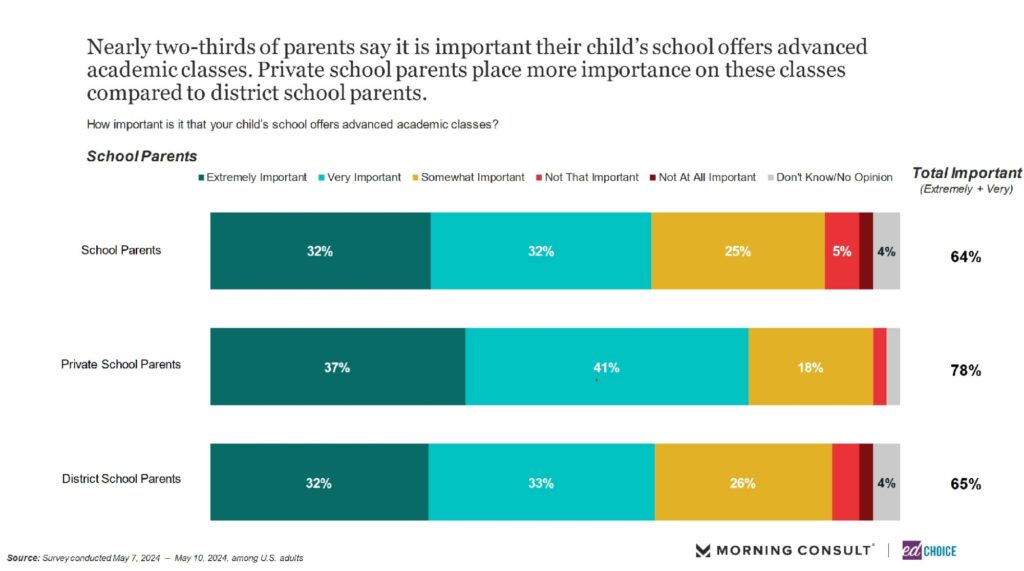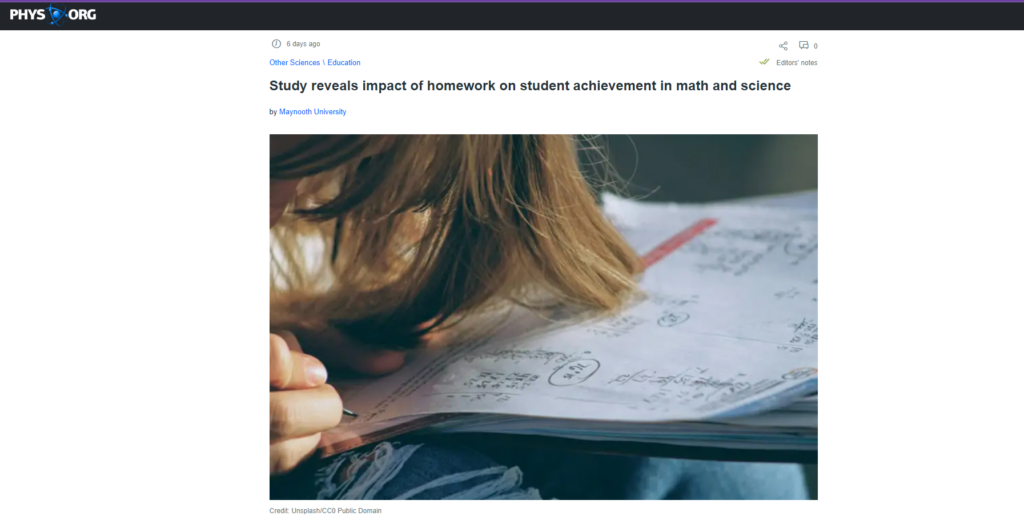Exclusive Report: As Movement Grows, Microschools Aren’t So ‘Micro’ Anymore
The spread of private school choice programs are fueling growth, but public schools also see the model’s potential. Microschools are also less “micro” than they were last year, according to the latest analysis of the sector from the National Microschooling Center, shared exclusively with The 74. In 2024, the median number of students in a typical microschool was […]
Exclusive Report: As Movement Grows, Microschools Aren’t So ‘Micro’ Anymore Read More »



